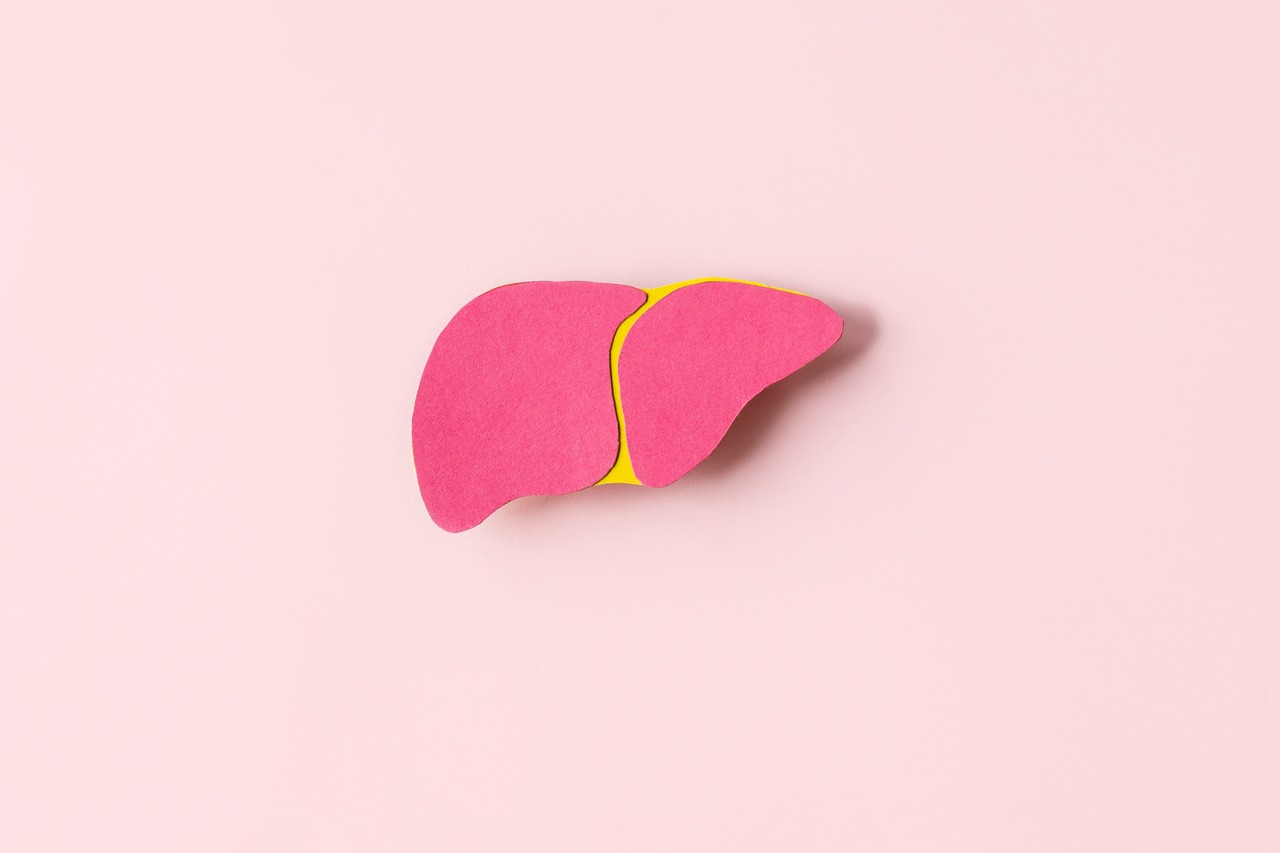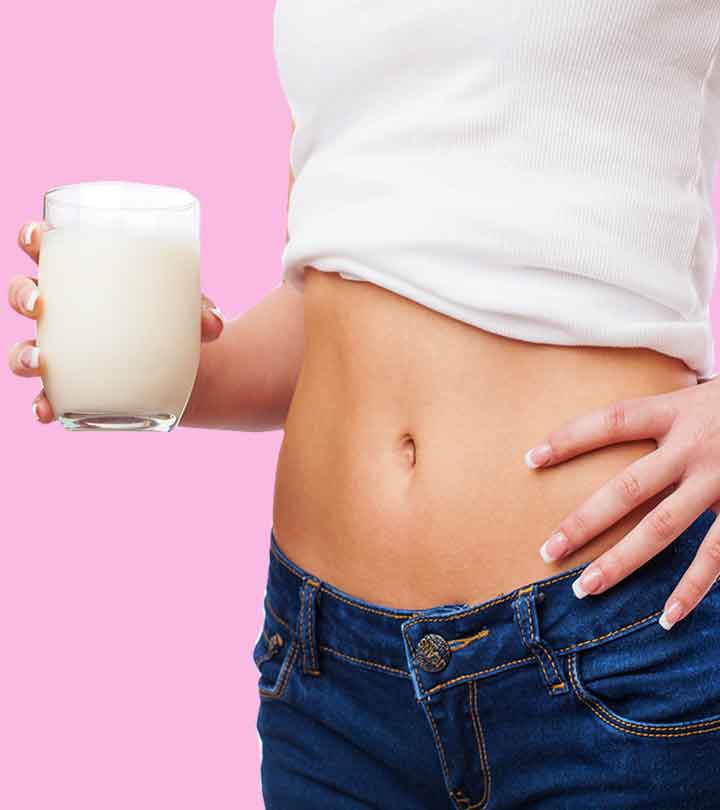Fatty liver is a condition that occurs when too much fat builds up in the liver cells. It can lead to the liver becoming enlarged and swollen. In severe cases, fatty liver can lead to liver cirrhosis and failure. Luckily, fatty liver is reversible.
One of the most praised qualities of the liver is its ability to heal and recover from diseases. You may even wholly reverse fatty liver with early diagnosis and timely treatment. However, the type of fatty liver you’re suffering from can determine how long it may take to reverse the disease.
There are two types of fatty liver conditions, alcoholic and non-alcoholic, that show different healing timelines and treatment protocols.
Fatty Liver Disease: An Overview
Most people with a fatty liver are unaware of their liver problem due to the vague and non-specific symptoms, especially during the early stages. Therefore, determining the type and underlying cause of your fatty liver disease is the first step in the reversal process.
Alcoholic Fatty Liver Disease (ALD)
As the name suggests, chronic alcohol consumption or alcohol abuse leads to alcoholic fatty liver disease. Since your liver and kidneys are your body’s primary detoxifying systems, they take the most hit from alcohol dependence.
In addition, long-term alcohol consumption weakens liver cells, which causes extensive inflammation and impairs the liver’s ability to function normally.
ALD can cause nausea, vomiting, fever, jaundice, abdominal discomfort, and alcoholic cirrhosis. Cirrhosis is the accumulation of liver fibrosis, or scar tissue, which ultimately results in liver failure that can be fatal. A person has a higher chance of recovery in each stage if they refrain from drinking alcohol.
Non-Alcoholic Fatty Liver Disease (NAFLD)
A more comprehensive range of factors, like fatty buildup from a poor diet, inactivity, genetic susceptibility, or health disorders connected to metabolic syndrome like obesity and type 2 diabetes, can contribute to non-alcoholic fatty liver disease.
It can be challenging to reverse non-alcoholic fatty liver disease since there are many potential reasons, with no one more or less relevant than the others. However, patients with NAFLD must reduce their general body weight, eliminate excess body fat, and enhance their insulin sensitivity and blood sugar regulation.
The most extreme variation of NAFLD is non-alcoholic steatohepatitis or NASH. Like an alcoholic fatty liver disease, NASH increases the risk of fatality by exposing one to cardiovascular diseases and develops into fibrosis (liver tissue scarring), cirrhosis, liver cancer, or liver failure. It can also cause early death if one fails to receive a timely liver transplant.
How Long Does It Take to Reverse Fatty Liver Disease?
How long it takes for a compromised liver to return to normal depends on your condition, diet, adherence to treatment, age, and genetics. However, on an average, it is possible to reverse fatty liver in as little as six weeks. Sometimes, an otherwise healthy person can attain a complete reversal of fatty liver in under two months.
Alcoholic hepatitis progressed from alcoholic fatty liver disease is reversible, but there are chances of leftover damage. The recovery period will depend on the severity of your alcohol dependence.
It will take at least six months of alcohol abstinence to recover. Sometimes, a liver transplant is necessary to reverse or treat the disease effectively. In other cases, anti-inflammatory medications, steroids, and cholesterol medication can help reverse the effects in about nine months to 1 year.
The HealthifyMe Note
The recovery timeline depends on the kind of fatty liver disease you have, the stage, and whether or not you suffer from any other health conditions. An average period of 6 weeks to 2 months is an expected timeframe to recover from fatty liver disease. However, lifelong adherence to particular diet and lifestyle changes may be necessary to prevent relapse. However, ensure that you plan these sits under the supervision of a qualified dietitian.
Ways to Reverse Fatty Liver
Diet
The fatty liver diet eliminates refined carbohydrates, artificial flavours, and processed sweeteners like fructose. Instead, it favours a diet low in carbohydrates made up of foods like whole grains, fruits, and vegetables, as well as fish, nuts, and seeds that consist of omega-3 fatty acids that assist you in controlling levels of inflammation. Abstaining from consuming alcohol is also crucial in reversing alcohol-induced fatty liver disease.
Medication
There are no medicines prescribed particularly to treat NAFLD. However, your doctor may suggest some drugs and supplements based on your medical conditions. For prevention against hepatitis A and B, which might harm your liver, you might require vaccinations. Additionally, it’s critical to receive an annual flu shot.
Natural supplements may be better than medicines that increase the burden on the liver when treating fatty liver, but be sure to see your doctor before taking any new supplement. You can take amino acids, turmeric, milk thistle, and vitamin E.
Rest
Studies show that stress worsens inflammation in the body resulting in increased adverse effects of fatty liver. Rest involves obtaining regular, high-quality sleep and prioritising stress-relieving activities, such as yoga in the morning, watching movies with friends or doing fun things with your kids on the weekends.
Taking charge of your schedule to make time for relaxing activities can help lessen inflammation in the body just as much as taking supplements or medications.
Conclusion
Reversing fatty liver disease before it results in chronic and irreparable liver damage could prevent fatal health events. Remember that a complete reversal of fatty liver disease for an otherwise healthy person falls between six weeks to two months.
Maintaining a healthy liver is crucial even if you do not currently experience issues with liver function. A healthier lifestyle will not only help you lose weight from your liver, but it will also enhance your general well-being. In addition, it may minimise the risk of developing fatty liver and other obesity-related diseases.










Leave feedback about this